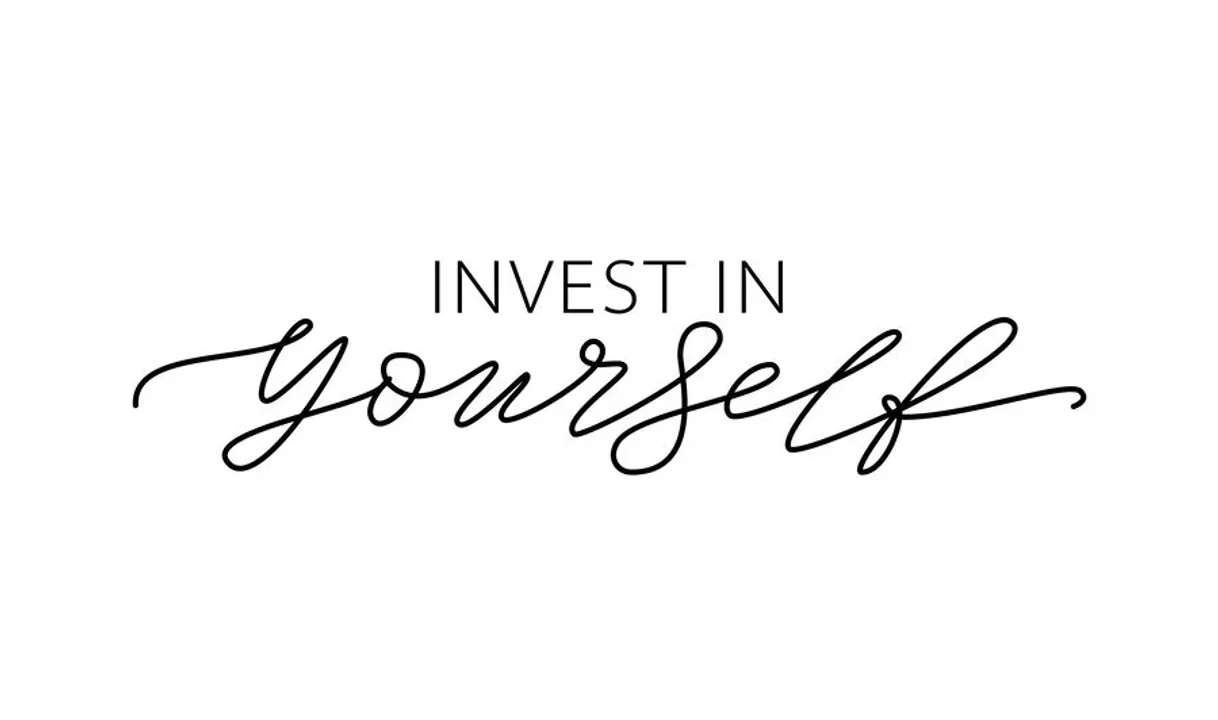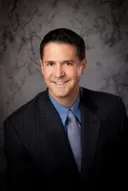Physician Self Care Tips for 2020

Tatiana Vasilyeva/123RF.com
With the dawn of a new year and decade, why not take a moment to reflect on a few simple self care tactics and strategies that can alter and improve the course of life.
Quantify Yourself
As a physician, your patient data analysis skills are superb. Try shifting gears and taking an introspective look at what goes on under your proverbial hood. The information may startle you into action.
The plethora and technological advancement of wearable technology provide an endless array of personal health metrics to track. We are well into the age of the quantified self, and companies have made it so easy for all of us to understand the impact of our choices.
Take a look at the three recent studies released by Apple, in partnership with leading academic and research centers, with a primary focus on women's heart health. The power of massive data is undeniable. Blend in a bit of AI and machine learning, coupled with inquisitive physicians-researchers, and the paradigm shift will bring more than smiles across the board.
With sleep holding the cornerstone of many health issues, tracking it has never been easier using devices such as the Oura ring or any of the free or low-cost smartphones.
Healthcare professionals are often running at the edge of burn out; understanding how subtle changes in lifestyle and dietary choices can impact sleep is important for a healthy lifestyle. These devices are a powerful tool in improving the sleep quality and health of those charged with healing the masses.
‘No’ If Not a ‘Hell Yes!’
The corporate practice of medicine has forced many physicians to accept responsibilities and commitments for outside their desired time capacity.
This applies to professional, social, and personal requests. Prioritizing one's health in this new decade must take precedence and an all-or-none strategy can be a powerful technique for achieving this. No doubt it will be challenging at first, but when confronted with accepting a commitment, ask the question:
Is this opportunity a resounding Hell Yes?
If not, the answer is no and in a gracious way. The first few forays into the world of using this tactic will be challenging, but one will soon become proficient, and will quickly understand the benefit of this powerful form of decision-making.
Get Uncomfortable
Life as a physician demands a commitment to lifelong learning. We all took the same oath. Our patients and colleagues depend on us to honor that commitment.
This mindset is powerful and can recharge all of us. Apply the same growth strategy and get uncomfortable. Undoubtedly there are activities and skills you would like to learn - something other than the kinetics of the latest plethora of diabetic medications.
With the proliferation of online learning options, the time is now. Platforms such as Creative Live, Udemy, and Thinkific are bringing the world's best talent to your laptop.
Many factors can alter or prematurely end a professional career. Having additional skills, talents, and hobbies will be critical for both self-preservation and sanity. Those marred by life in the trenches of healthcare can find themselves at a loss when hanging up the white coat for the last time.
Commit to making this decade one where you lean into discomfort, disrupt yourself, and take the risk of becoming the one who is in the ring (Teddy Roosevelt). You're never too old to start anew.
Change Where You Bathe
Most physicians are trapped inside for exceedingly long hours. For some, the only outside time involves a short stroll across the clinic or hospital parking lot.
In Japan, most of the population are urban dwellers. An interesting concept of nature bathing has dramatically shown to decrease anxiety and depression levels. Could the simple act of walking amidst the trees improve health? The resounding answer is yes.
While it may be tempting to dismiss mental health concerns among our profession, the statistics point otherwise.
We, as healthcare professionals, suffer more than our degree of mental maladies. Reward yourself and get out into nature in whatever form that looks like wherever you live. It's a simple walk in a park or taking your dog down on the river trail for 15 minutes. Sitting out in nature has a soul-cleansing effect that cannot be denied.
Choose Your Sleep Partner Wisely
Many of you grew up in the area of pagers and grew to dread their unwelcoming tone. Why is it that the vast majority of Americans sleep with their phones next to or even in bed?
Despite likely knowing the data, many of us are inches away from the screen right up to lights out. The adverse effects on melatonin production and sleep disruption are clear. Despite knowing this, most will not adjust this habit.
Try an experiment for the following week:
Leave your cell phone out of the bedroom or at least on the opposite side of the room.
Could you put it in silent mode while you sleep?
When you sit down to eat a meal, do not put your phone on the table. Resist the temptation to check it while engaging with family, friends, or colleagues.
When you're in creative mode, try turning your cell phone off, completely eliminating the temptation.
Previous statistics show that we look at our phones an average of 80 times a day, or at least once every 10 to 12 minutes. With the advent of dopamine boosting distractions in the form of Apps, the current number is likely significantly higher.
Reward yourself by unplugging periodically and minimizing the inputs. As a healthcare professional, you are bombarded on all sides throughout the day. It's OK to pause and take a break.
While you may not agree with everything in this article, and some of you may even be violently opposed to the suggestions, the purpose is to spur self-reflection about your ingrained habits that may no longer serve you. Time is the most precious commodity, and protecting yours should become your new oath moving into the new year and decade.
Related Posts
